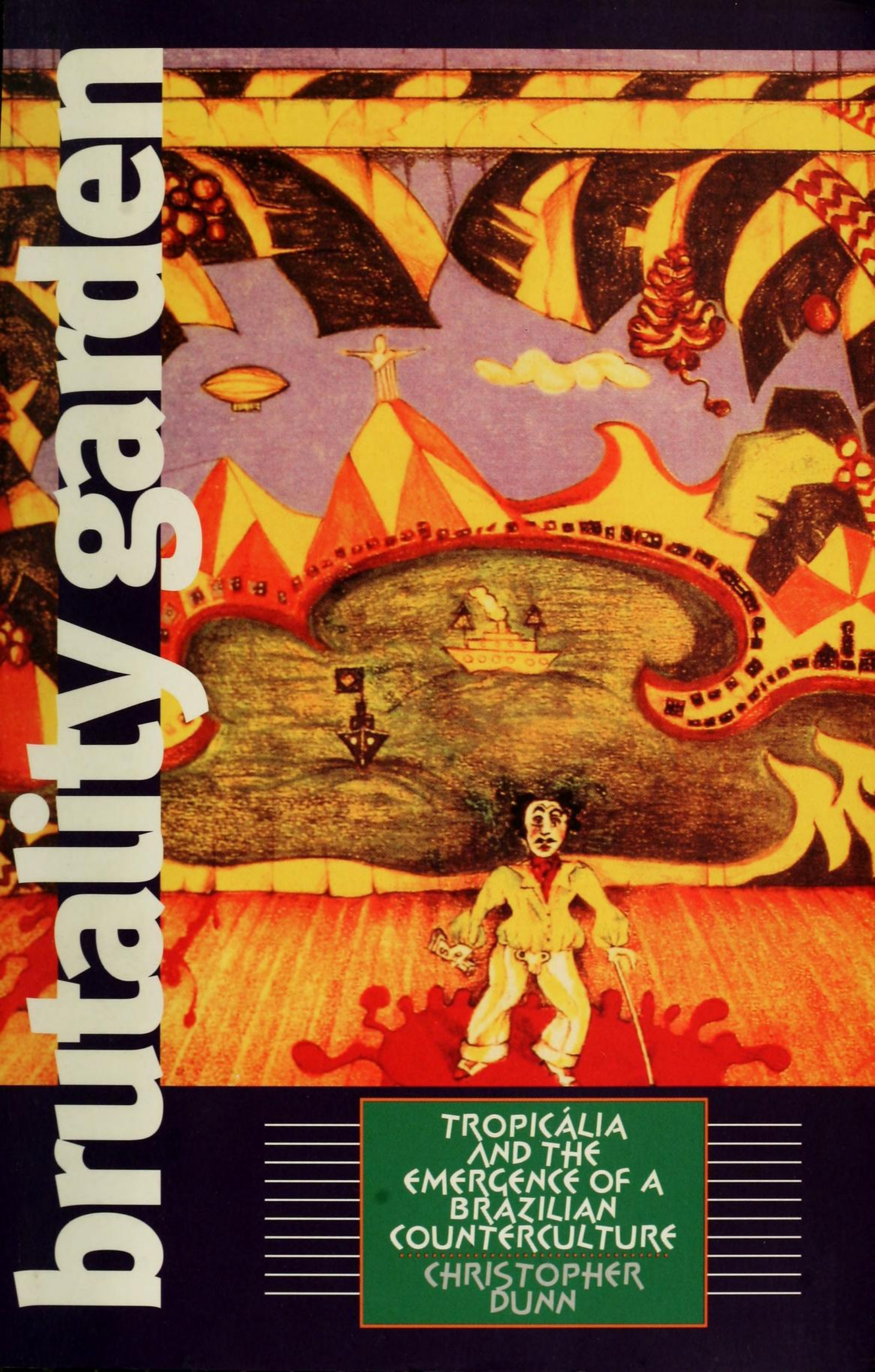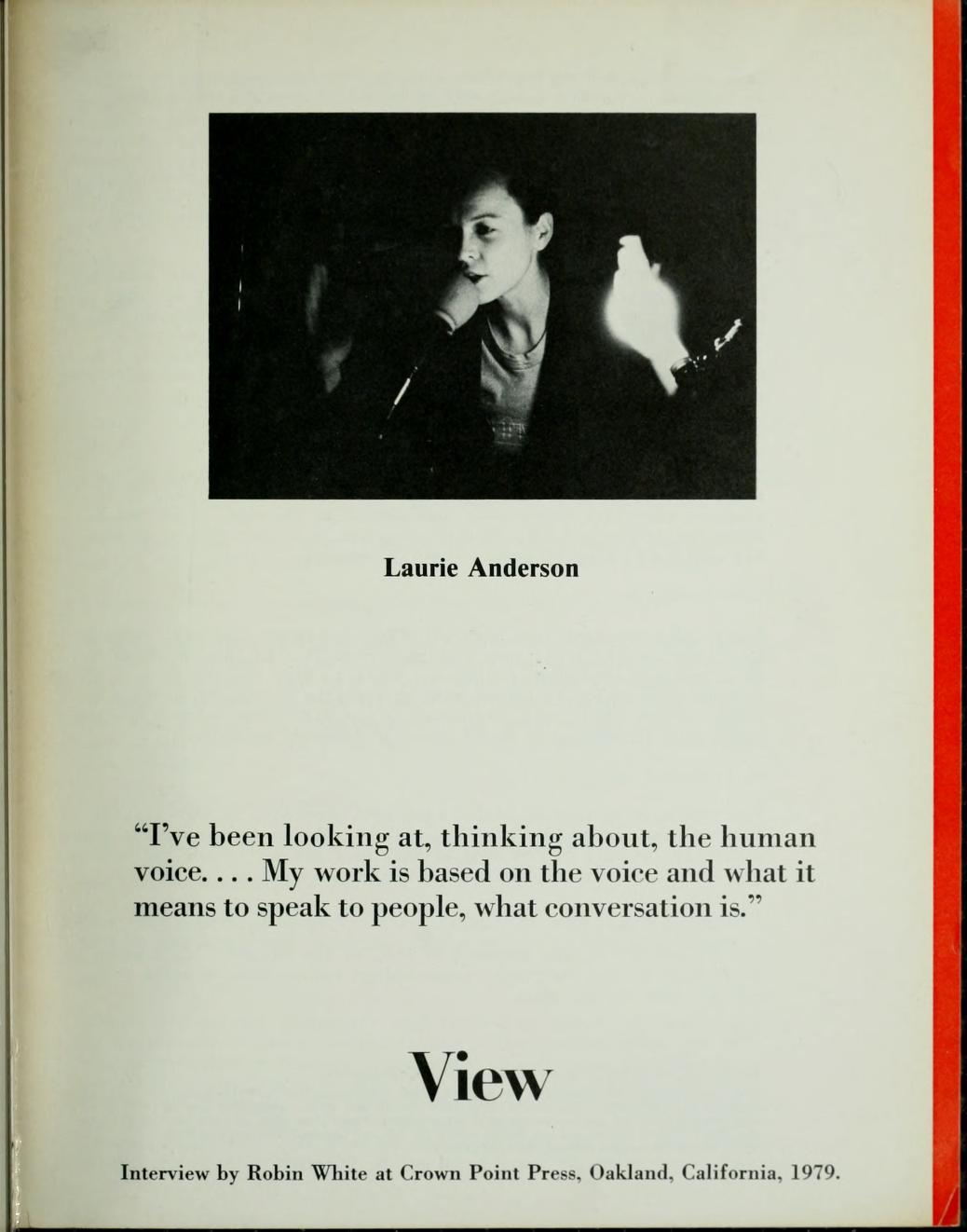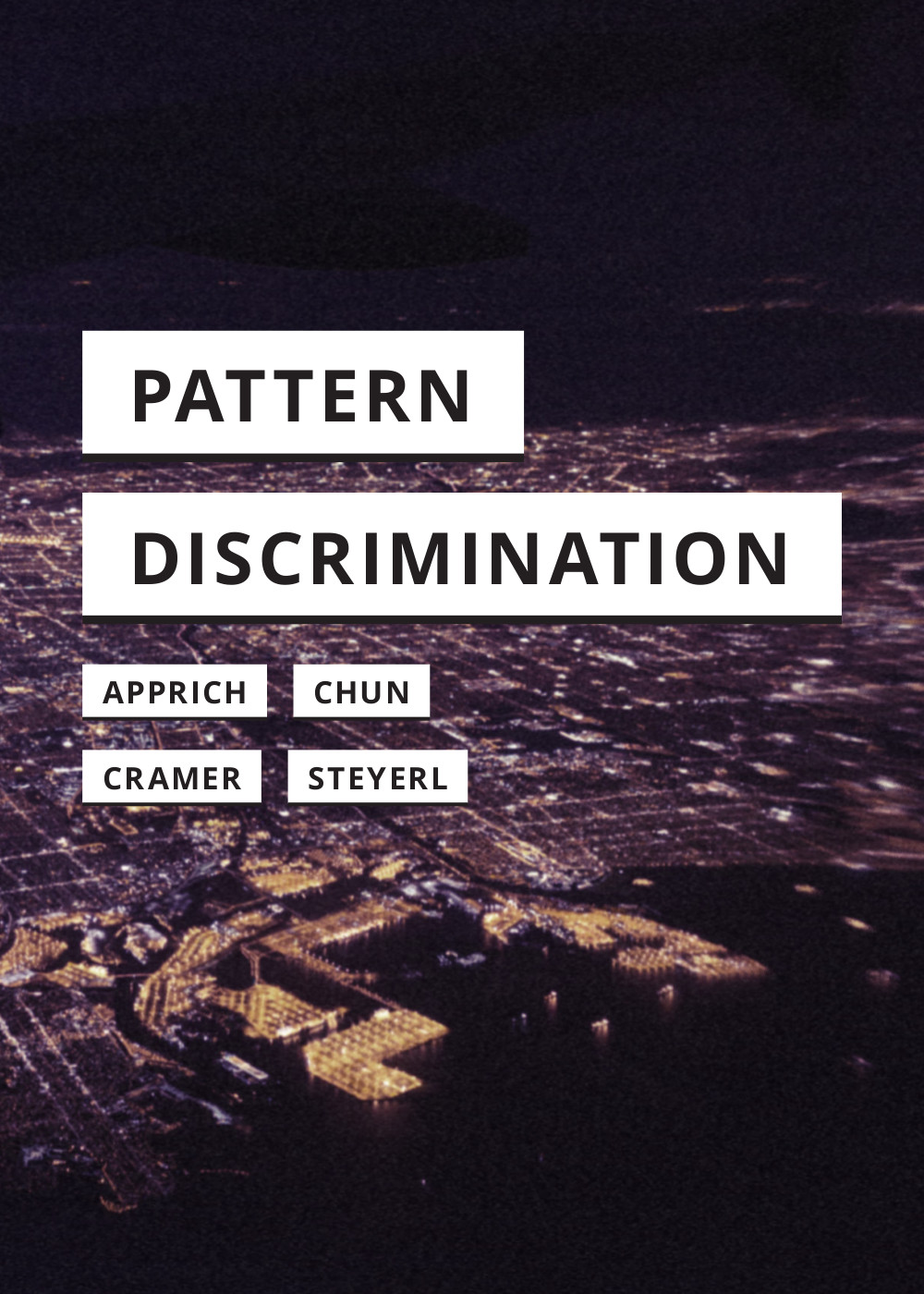Christopher Dunn: Brutality Garden: Tropicália and the Emergence of a Brazilian Counterculture (2001)
Filed under book | Tags: · brazil, counterculture, cultural history, music, music criticism, music history, tropicalia

“In the late 1960s, Brazilian artists forged a watershed cultural movement known as Tropicália. Music inspired by that movement is today enjoying considerable attention at home and abroad. Few new listeners, however, make the connection between this music and the circumstances surrounding its creation, the most violent and repressive days of the military regime that governed Brazil from 1964 to 1985. With key manifestations in theater, cinema, visual arts, literature, and especially popular music, Tropicália dynamically articulated the conflicts and aspirations of a generation of young, urban Brazilians.
Focusing on a group of musicians from Bahia, an impoverished state in northeastern Brazil noted for its vibrant Afro-Brazilian culture, Christopher Dunn reveals how artists including Caetano Veloso, Gilberto Gil, Gal Costa, and Tom Zé created this movement together with the musical and poetic vanguards of São Paulo, Brazil’s most modern and industrialized city. He shows how the tropicalists selectively appropriated and parodied cultural practices from Brazil and abroad in order to expose the fissure between their nation’s idealized image as a peaceful tropical “garden” and the daily brutality visited upon its citizens.”
Publisher University of North Carolina Press, Chapel Hill, NC, 2001
ISBN 0807849766, 9780807849767
276 pages
PDF (82 MB)
Comment (0)View, 2 (1979)
Filed under magazine | Tags: · art, art criticism, interview, music, music criticism

The second volume of View magazine consisting of individual pamphlets in a slip-case box each containing an interview by Robin White. The artists interviewed include Joan Jonas, William T. Wiley, Terry Fox, Iain Baxter, Vito Acconci, Howard Fried, and Laurie Anderson.
Publisher Crown Point Press, Oakland, CA, 1979
Comment (0)Clemens Apprich, Wendy Hui Kyong Chun, Florian Cramer, Hito Steyerl: Pattern Discrimination (2018)
Filed under book | Tags: · algorithm, artificial intelligence, crapularity, data, identity, politics, race, racism, segregation, web

“Algorithmic identity politics reinstate old forms of social segregation—in a digital world, identity politics is pattern discrimination. It is by recognizing patterns in input data that Artificial Intelligence algorithms create bias and practice racial exclusions thereby inscribing power relations into media. How can we filter information out of data without reinserting racist, sexist, and classist beliefs?”
Publisher meson press, Lüneburg, in collaboration with the University of Minnesota Press, 2018
In Search of Media series
CC-BY-NC 4.0 International License
ISBN 9781517906450
xii+123 pages
Reviews: Nicola Bozzi (Theory, Culture & Society, 2019), Ulrike Wirth (rezens.tfm, 2020, DE).
Comment (0)
